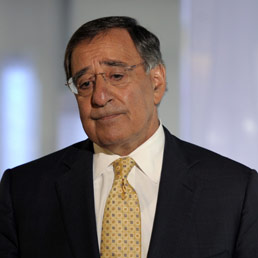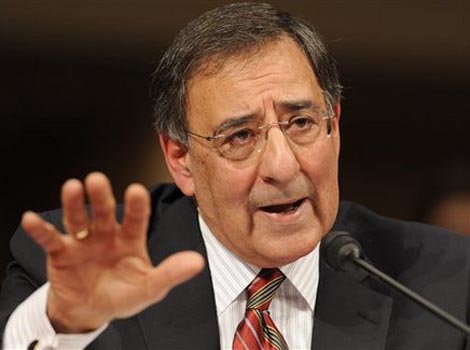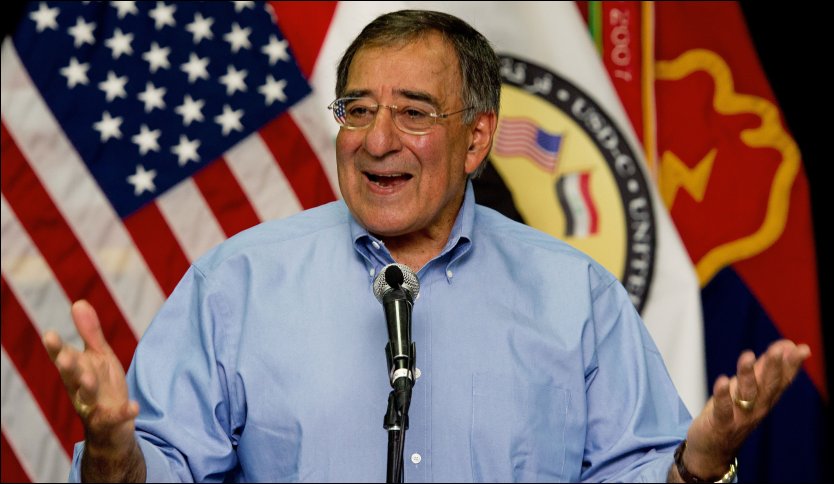Panetta, who heads the Pentagon since last July, said sharing the analysis of his predecessor Robert Gates, that a strike on Iran would only delay its nuclear program, that the Western powers of a military judge and not civil as claimed by the Islamic Republic.
Robert Gates also believed that such action would unite the country and to do only strengthen its determination to acquire nuclear weapons.
"Beware the unintended consequences here," Panetta said during a press conference in response to a question about his concerns about a military strike.










He acknowledged that such action might fail to divert the Iranians' what they want to accomplish. "
"Above all, this could have a serious impact on the region, and the American soldiers based in the region. And I think that all these factors must be carefully considered."
Tensions have escalated between Iran and Western powers with the release Tuesday of a report by the International Atomic Energy Agency on Tehran's nuclear activities.
Rumor also ran on a possible Israeli military action unilaterally or jointly with Washington.
Iran warned Thursday that any strike on its territory would result in retaliation against the Jewish state and American interests in the Gulf.
